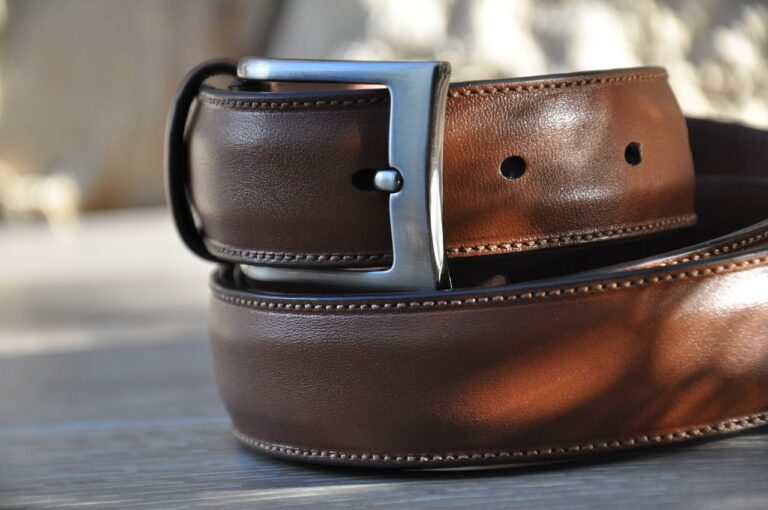The Role of Watches in Psychology: All pannel.com, New betting id, Gold365
all pannel.com, new betting id, gold365: Watches have long been considered more than just a time-telling device. They hold sentimental value, status symbolism, and even a psychological significance. In the field of psychology, watches play a vital role in understanding human behavior, perception, and cognition. Let’s delve into the various facets of psychology where watches are of importance.
1. Time Perception:
The study of time perception is a crucial aspect of psychology. Watches help individuals perceive and organize time, leading to behavioral patterns. Whether it’s the anticipation of an upcoming event or the deadline for a project, watches influence how we perceive and manage time.
2. Sense of Control:
Wearing a watch can provide individuals with a sense of control over their time. It acts as a constant reminder of the passing hours, allowing individuals to be more aware of their schedule and responsibilities. This sense of control can enhance productivity and time management skills.
3. Impulse Control:
Watches can also aid in improving impulse control. By having a visual representation of time passing, individuals are more likely to resist impulsive behaviors and make better decisions. This aspect is particularly important in areas such as addiction treatment and behavioral therapy.
4. Chronemics:
Chronemics is the study of how time affects communication. Watches play a crucial role in this area by influencing the pace, duration, and synchronization of interpersonal interactions. For example, being late for a meeting can convey a message of disrespect, while being punctual demonstrates reliability and professionalism.
5. Memory and Association:
Watches can serve as powerful memory triggers. A specific watch worn during significant events or milestones can evoke strong emotions and memories associated with those experiences. This phenomenon showcases how watches become intertwined with our cognitive processes and emotional memories.
6. Psychological Effects of Watch Styles:
The style, design, and color of a watch can also have psychological implications. For instance, wearing a luxurious watch may boost one’s self-esteem and confidence, while a minimalist watch can signify simplicity and mindfulness. The choice of watch reflects personality traits and influences social perceptions.
7. Temporal Orientation:
Temporal orientation refers to how individuals perceive and prioritize past, present, and future events. Watches help individuals stay oriented to the present moment and plan for the future. They serve as a tangible tool for managing expectations, goals, and decision-making processes.
8. Mindfulness and Presence:
Watches can promote mindfulness and present-moment awareness. By regularly checking the time, individuals are reminded to stay focused on the task at hand and avoid distractions. This practice of being present can reduce stress, enhance concentration, and improve overall well-being.
9. Psychological Impact of Watch Loss:
The loss of a watch can have a profound psychological impact on individuals. It can trigger feelings of loss, nostalgia, or even insecurity. Watches hold sentimental value and emotional attachments, making their loss a significant event in one’s life.
In conclusion, watches have a multifaceted role in psychology, influencing various aspects of human behavior, perception, and cognition. From time perception and impulse control to memory triggers and temporal orientation, watches shape our psychological experiences in profound ways. So, the next time you glance at your watch, remember the deeper psychological implications it holds in your daily life.
FAQs:
Q: Can wearing a watch improve productivity?
A: Yes, wearing a watch can enhance productivity by providing a sense of control over time and promoting better time management skills.
Q: How does the style of a watch affect personality perceptions?
A: The style of a watch can influence how others perceive an individual’s personality traits. For example, a classic watch may convey sophistication, while a sporty watch may suggest an active lifestyle.
Q: Can losing a watch have emotional consequences?
A: Yes, losing a watch can trigger emotional responses such as loss, nostalgia, and insecurity due to the sentimental value and attachments associated with the timepiece.







